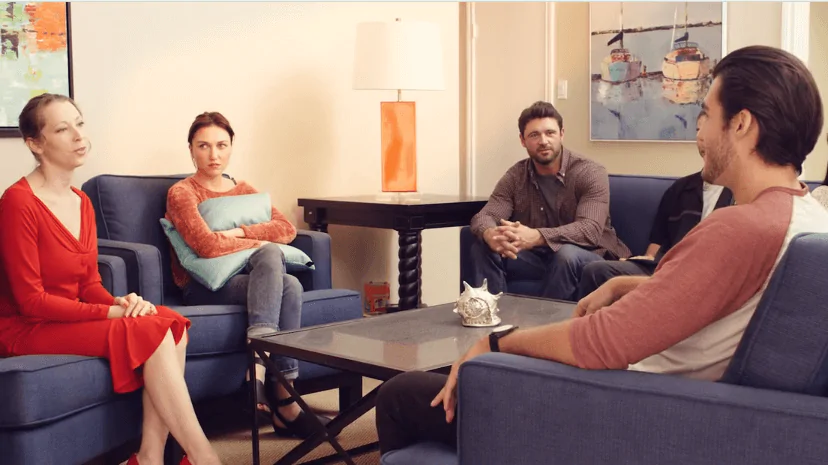24/7 Helpline:
(866) 899-111424/7 Helpline:
(866) 899-1114
Learn more about PTSD Treatment centers in Osceola
PTSD Treatment in Other Cities

Other Insurance Options

Multiplan

Magellan
Beacon

Highmark

Sliding scale payment assistance

Providence

Amerigroup

MHNNet Behavioral Health

Humana

Sutter

AllWell

MVP Healthcare

State Farm

Oxford

ComPsych

Evernorth

Horizon Healthcare Service

CareFirst

BHS | Behavioral Health Systems

Health Choice


























